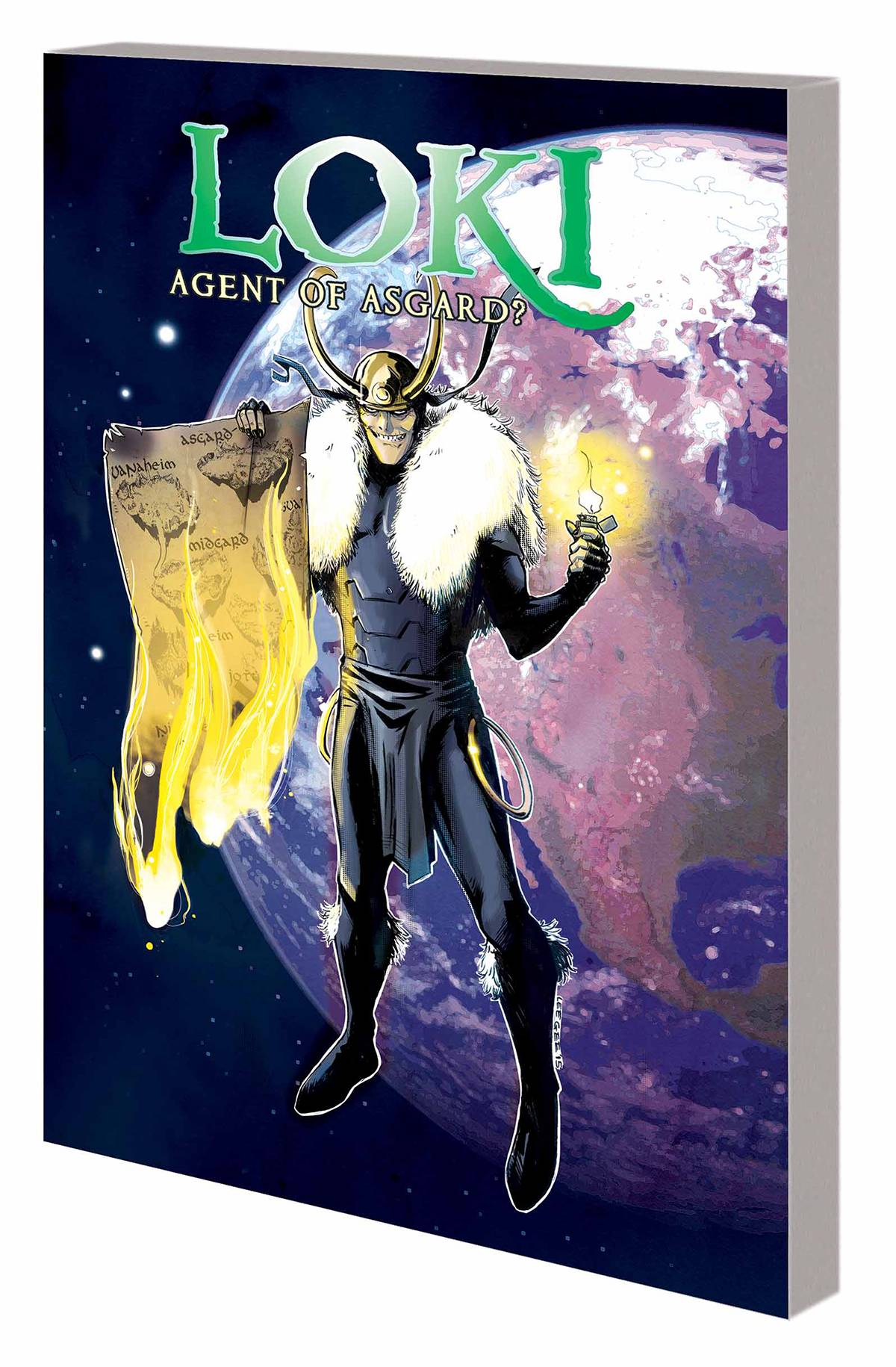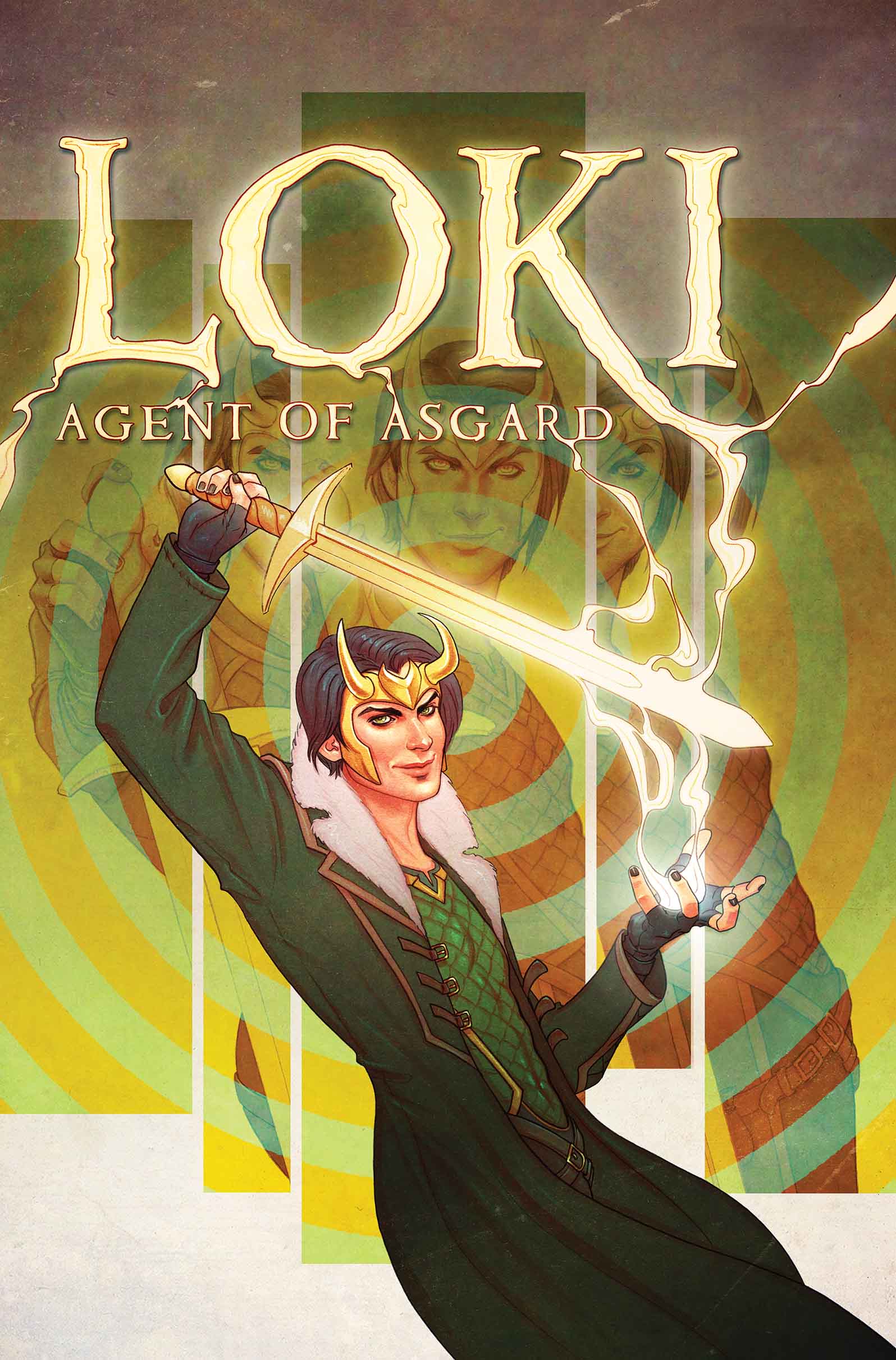

There’s also a lot of situational comedy that arises from Verity’s ability to see through any lie, which makes her immediately endearing.Īs a whole, this book is one of the strongest of its time, with fantastic ideas, emotional character work, and absolutely impeccable art that all make it a modern classic. The serious beats land a lot harder as a come down from comedy, rather than an overall dour tone. From the very beginning there’s some hilarity, and the series wouldn’t be what it is without the tone it’s imbued with.

Ewing and Garbett are a fantastic combination and nail comedic timing. This book is really emotional and layered with meaning, but it’s also really funny. The way Ewing is able to display all these facets of Loki’s character really deepens the whole story, and makes it a fantastic reading experience. The Final Days tie-in uses these universe-ending stakes to show Loki at their most desperate, doing what is most important in the world to them – and it’s not nearly as self-serving as one would assume. The Axis tie-in does what all great Axis tie-ins do, and used the inversion of Loki to show exactly who Loki is at this point in time, and define who he doesn’t want to be – an important definition in a story about growth and change. The second arc of the story takes place during Original Sin, and both ties Angela to the world of Thor and also adds extra context to Loki’s relationship with the gods who raised him.

Yet this ends up not feeling like a weakness – the events instead serve to enhance the story by causing unexpected shifts that the characters have to scramble through – which Ewing does with aplomb. There was really only one arc of the whole thing that isn’t directly connected to a linewide crossover event, but even that one draws details in from Ewing’s Mighty Avengers. This run got tossed between events like a rag doll – just when one tie-in ended, another began. It’s complicated at times but it’s incredibly compelling, a line that Ewing manages to walk perfectly. The conflict of this story is a mix between Man vs Self and Man vs Society – Loki has to continue to prove himself to a group of people who do not truly care about him, while his own future self does everything he can to prevent his redemption. This was the case in Journey into Mystery, and it’s literalized even further here – Loki’s enemy is literally a future evil version of Loki, who wants to ensure that he himself comes to exist.

Loki’s great antagonist, the one who keeps trying to prevent him from changing, is Loki himself. Loki’s enemy is not Thor, it’s not Odin, it’s not anyone else. The struggle between one’s past and who one wants to be is a major part of this story, and it’s really resonant. Listen to the latest episode of our weekly comics podcast!


 0 kommentar(er)
0 kommentar(er)
